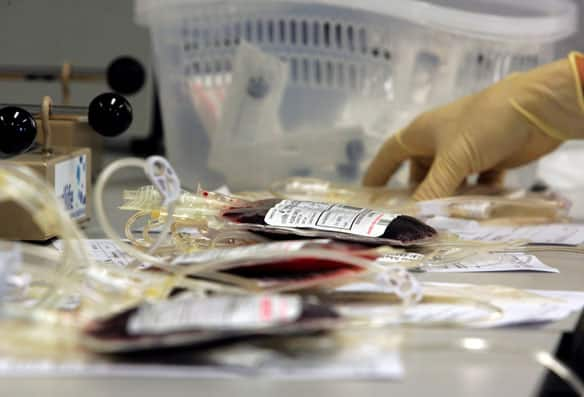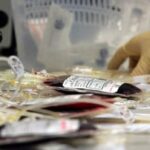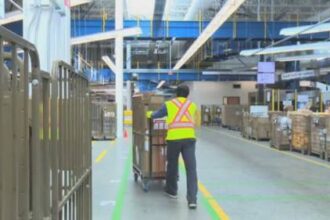In a concerning development for expectant parents across Alberta, the Edmonton-based Canadian Cord Blood biobank continues to operate under a Health Canada warning that has persisted for nearly two years. The regulatory agency first flagged significant safety concerns in October 2022, yet the facility continues to accept, process, and store umbilical cord blood samples despite these unresolved issues.
Health Canada’s inspection uncovered troubling deficiencies in the facility’s operations, including inadequate donor screening practices, questionable sterility testing protocols, and improper storage conditions that could compromise sample integrity. These violations stand in direct opposition to the Canadian safety requirements for cells, tissues, and organs designed to protect recipients from potential health risks.
“The continued operation of this facility despite outstanding regulatory concerns creates a precarious situation for families who entrust their newborns’ cord blood to this bank,” said Dr. Melanie Townsend, a hematology specialist at the University of Toronto. “Cord blood contains valuable stem cells that could one day save lives, but only if processed and preserved under stringent conditions.”
What makes this situation particularly alarming is the facility’s ongoing recruitment of new clients—primarily expectant parents paying upwards of $2,500 for collection and storage services—while the Health Canada warning remains unaddressed. The company’s website continues to promote its services with no prominent disclosure of these regulatory issues.
A CO24 News investigation found that multiple families who recently contracted with the biobank were unaware of the Health Canada warning. Sarah Michaels, who delivered her daughter in March and paid for cord blood storage, expressed shock when informed of the situation: “We were never told about any warnings or problems. We specifically chose this facility because we thought it met all Canadian standards.”
The medical community has expressed growing concerns about the implications. Dr. James Richardson of the Canadian Blood Services told CO24, “These regulations exist for critical reasons. Improper handling or contamination could render these samples useless precisely when a family needs them most, or worse, introduce unexpected risks if they’re ever used.”
Health Canada has confirmed that while they continue to monitor the situation, they have limited enforcement options beyond issuing warnings unless there’s evidence of immediate danger to public health. The regulatory gap has drawn criticism from health policy experts who argue that stronger oversight mechanisms are needed for private biobanking facilities.
For the hundreds of Canadian families who have stored biological material at this facility since the warning was issued, the future remains uncertain. Many are now left questioning whether their child’s cord blood—potentially life-saving material they can never recollect—has been properly preserved for future medical use.
As this situation continues to unfold, parents across Canada must ask themselves: When entrusting irreplaceable biological materials to private facilities, shouldn’t we demand greater transparency and accountability from both the companies and the regulatory frameworks designed to protect us?










